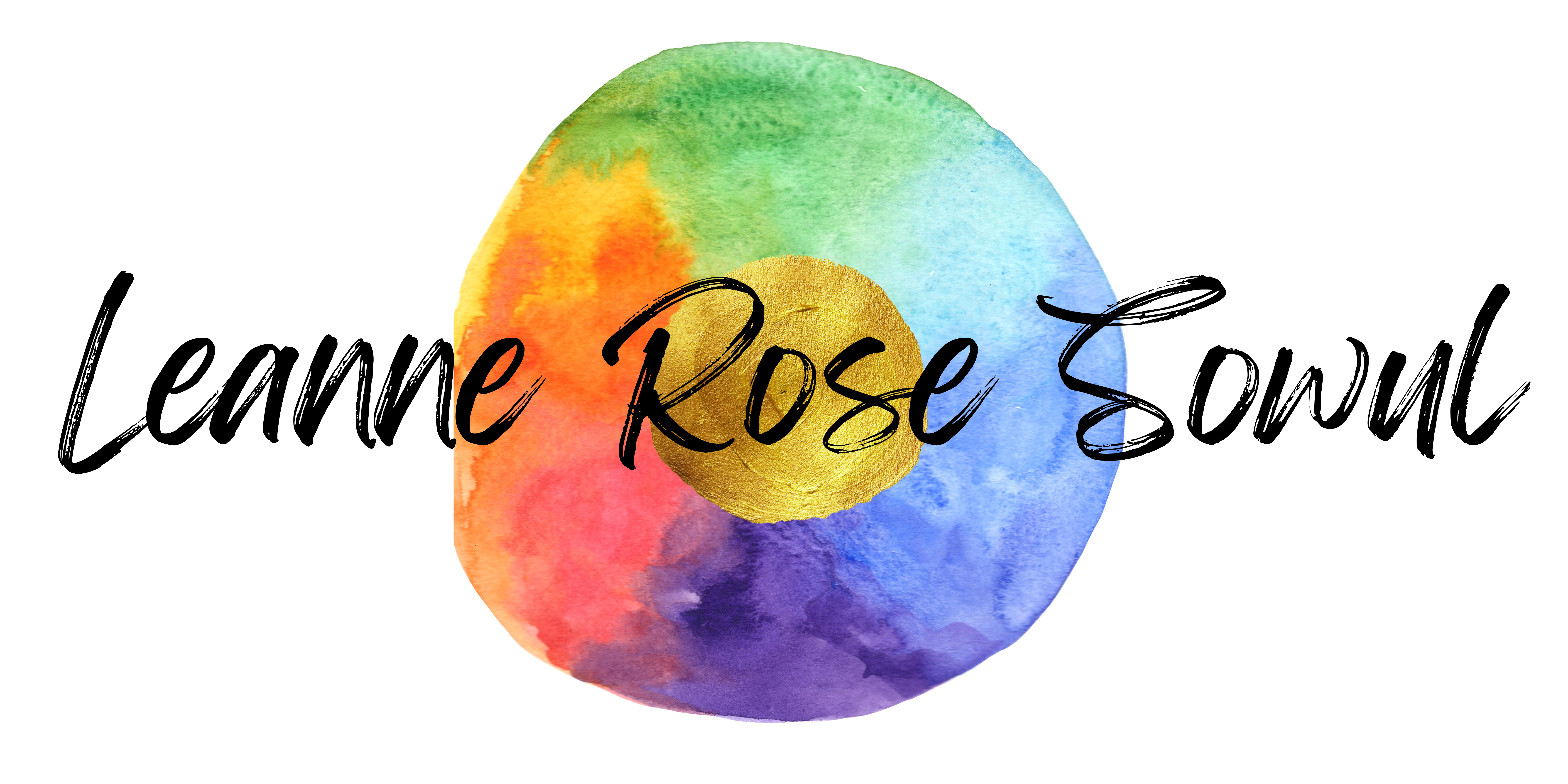I’m happy I finished writing my novel. I really am. But the end of writing meant the beginning of the next part of the process: querying agents.
Querying can be… unpleasant.
Oh, the actual searching for agents, fine-tuning emails and sending pages is not so bad. But after that comes the waiting. The staring at your empty inbox. The anxious jump every time your phone makes the “mail notification” sound. And, worst of all, the rejections.
 They’re a part of the process, those rejections. Every writer knows that. We’ve been told it’s not personal, to keep the faith, and above all to have persistence. I do have faith, and I do have persistence. But it’s still hard not to take it a little personally when you’ve spent months (years, really) putting your soul (Sowul) on the page and then someone reads it and says, “Nah, no thanks.”
They’re a part of the process, those rejections. Every writer knows that. We’ve been told it’s not personal, to keep the faith, and above all to have persistence. I do have faith, and I do have persistence. But it’s still hard not to take it a little personally when you’ve spent months (years, really) putting your soul (Sowul) on the page and then someone reads it and says, “Nah, no thanks.”
Hence, the unpleasantness.
After one of those rejections, during one of those waiting times, I had a low moment. A moment in which I thought, I shouldn’t have done the re-write. I should have just started fresh with a new manuscript. Maybe I’d have had better luck with something new. Maybe I’d have an agent by now.
And then I thought, no. Because even if I don’t land an agent for this novel, even if it ends up waiting as an unused file on my computer, even if the only person who reads and loves it is my own mother, it was worth it.
I learned so much during that process. To prove it, I made a list.
10 Things I Learned Re-Writing My Novel
(Or, Why Getting Rejected Is Worth It)
I learned…
1. How to almost double my daily word count from the beginning of the project until the end. (Stronger outline prep + a twice-daily habit + word tracking without creating a limit.)
2. How to find a deeper story within a character I’d previously written primarily as a plot device.
3. How to write historical fiction that’s focused on the characters and the story, and not get hung up on describing every single thing I know about the historical events.
4. How to stay immersed in a remote time period and two major historical events, and still find them fascinating and relevant.
5. How to create stronger themes, pulling on strings I hadn’t realized were present in the first draft.
6. How to use Scrivener, for this draft and future novels.
7. How to write from my emotional gut.
8. How to create voice with action and dialogue.
9. How to write a 120,000-word novel while working full-time, teaching private lessons, and mothering a toddler. (*Huge*)
10. How to come back from initial rejection to craft something better. Something I’m proud of no matter what happens next.
Now, every time I have a low moment, I’m going to come back and look at this list, to remind myself that creative growth and improving my craft is always, always the right path.
What about you? Do you have anything you do to help yourself “keep the faith”? Have you ever made a list like this one?


Ah, the special hell that is querying! I am in the thick of it right now. I think I “keep the faith” mostly by knowing that I wrote the book I needed to write–even if it’s not appealing to others. I know that I showed up–and there’s some power in that.
Yes Diana, writing the book that’s inside you is worth it even if you’re the only one who reads it! But best of luck with the querying too 🙂
This is a fantastic list, Leanne. I haven’t queried to agents yet, but I can look at it from the perspective of a poet submitting work to literary journals. It took almost 5 years to go from resolving to send out my work to receiving my first acceptance email. What kept me going for so long? Probably sheer determination, above everything else. When a rejection letter came, I was always disappointed, but I also told myself each time, “It’s OK. You’ll find a home for it someplace else.” And it worked after a while. So, yes, always keep the faith. Believe in yourself, believe in your craft, and always work towards becoming the best writer you can be.
Sara, I think the rejections do get a little easier after awhile. During my first round of queries, before the re-write, I remember growing a thick skin. It became easier for me to expect the rejection and assume I’d have to keep querying and writing. That’s my plan this time: just keep going, no matter what. Persistence is the difference between being published and not!
This is a fantastic post, Leanne. No matter what happens with your novel, you’ve got some priceless lessons here (you had me with #1. I feel like I drip words like an eyedropper when I wish I could pour them out!) Thank you for sharing this process.
Thanks Kathy! Maybe I’ll write a stand-alone post about #1. Developing a writing practice is at least as much about figuring out what works for you as it is about the finished product. Then you say to yourself, if I only knew then what I know now, I could have written so much more! But such is life and learning.